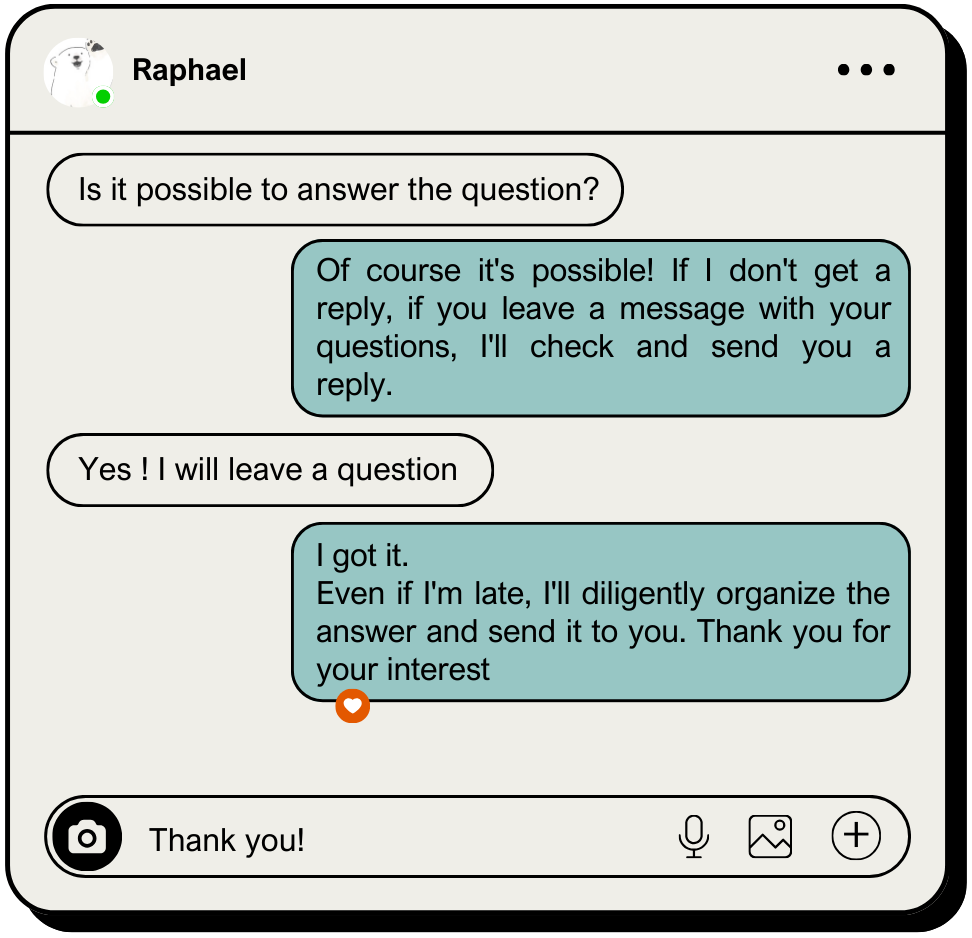In today’s competitive market, effective mentoring programs are pivotal for the growth and success of Atomy operators. These initiatives provide a structured approach to professional development, fostering skills, knowledge, and confidence in individuals navigating the complexities of their roles. By implementing comprehensive mentoring frameworks, Atomy operators can leverage the expertise of experienced mentors to enhance their operational efficiency and strategic planning capabilities.
Table of Contents
This detailed analysis examines the essential components of successful mentoring programs, offering evidence-based insights and practical examples that underscore their invaluable impact on personal and organizational achievements. Have you ever wondered what makes a mentoring program effective for Atomy operators, specifically when considering the variable success rates across different regions and demographics? Understanding and implementing effective mentoring strategies can be pivotal in achieving sustainable growth and success within the Atomy business model.
Effective Mentoring Programs for Atomy Operators
Mentoring is a crucial element in the development and success of Atomy operators. An effective mentoring program can cultivate skills, foster professional growth, and accelerate career paths within the Atomy framework. This article delves into the components of successful mentoring programs, offering insights and actionable strategies to optimize mentoring efforts.

Historical Context
Mentoring, as a concept, is not new. It has been an integral part of professional and personal development for centuries. The roots of formal mentoring trace back to ancient Greece, where mentor-protégé relationships were common in academia and craftsmanship. Over time, the structured approach to mentoring gained prominence in the corporate world, particularly in network marketing businesses like Atomy, where the mentorship model aligns well with the networking and relationship-building foundations of the business.
Current Trends
In recent years, mentoring programs have evolved, integrating technology and data analytics to enhance their effectiveness. Atomy operators, in particular, have benefitted from innovations such as online mentorship platforms, virtual training sessions, and AI-driven match-making algorithms that pair mentors and mentees based on compatibility and specific needs.
One of the significant trends is the rise of peer mentoring and group mentoring. Unlike traditional one-on-one mentoring, these approaches allow for multiple perspectives and collective learning experiences, driving synergies within the Atomy community.

Key Concepts and Definitions
Mentoring
Mentoring involves providing guidance and support to less experienced individuals (mentees) by more experienced individuals (mentors). In the context of Atomy, mentoring aims at developing business acumen, operational skills, and personal growth.
Atomy Operators
Atomy operators are individuals who partake in the Atomy business model, focusing on direct selling and network marketing. Effective mentoring can aid these operators in navigating the complexities of the business and achieving higher levels of success.
Components of Effective Mentoring Programs
Defining Roles and Responsibilities
For any mentoring program to be successful, clearly defined roles and responsibilities are paramount. Mentors should be adept at:
- Providing guidance and constructive feedback.
- Setting achievable goals and milestones.
- Offering resources and opportunities for skill enhancement.
Meanwhile, mentees should be responsible for:
- Actively participating and engaging in the mentoring process.
- Being open to feedback and willing to make adjustments.
- Setting personal goals aligned with mentorship objectives.
Structured Approach
A structured mentoring program includes planned interactions and consistent follow-ups. Scheduling regular meetings, setting clear agendas, and maintaining records of progress are critical for sustaining momentum and ensuring accountability.
Training for Mentors
Effective mentors should undergo training to develop mentoring skills such as active listening, empathy, and effective communication. Workshops and certification programs can enhance mentors’ abilities to guide their mentees through their Atomy journey.
Use of Technology
Leveraging technology in mentoring can break geographical barriers and provide consistent support. Online platforms, webinars, and virtual meetings are valuable tools that facilitate continuous learning and connectivity.

Example 1: Peer Mentoring in Atomy
Peer mentoring can be an effective strategy within the Atomy ecosystem. In a case study involving a group of Atomy operators in Southeast Asia, peer mentoring groups were formed, each comprising 4-5 members. These groups met bi-weekly to discuss challenges, share success stories, and brainstorm solutions collectively. The results were impressive, with members reporting increased motivation, improved problem-solving skills, and higher retention rates.
Breakdown of Benefits
| Benefit | Description |
|---|---|
| Increased Motivation | Peer support provided a sense of accountability and motivation. |
| Improved Skills | Collaborative discussions enhanced problem-solving capabilities. |
| Higher Retention | Operators felt more connected and committed to the program. |
Example 2: AI-Driven Mentorship Programs
In another case study, an AI-driven mentorship platform was implemented for Atomy operators in North America. The AI tool matched mentors and mentees based on their profiles, areas of interest, and competencies. The automated system also scheduled meetings, tracked progress, and provided analytics for continuous improvement.
Implications
The use of AI in mentoring:
- Streamlined the matching process, ensuring compatibility.
- Automated administrative tasks, allowing mentors to focus on guidance.
- Provided data-driven insights, enabling program optimization.
Comparing Different Points of View
One-on-One Mentoring vs. Group Mentoring
A comparison of one-on-one mentoring and group mentoring can offer insights into which method might be more effective for different needs within Atomy.
| Aspect | One-on-One Mentoring | Group Mentoring |
|---|---|---|
| Personalization | Highly personalized guidance and support. | Diverse perspectives, less personalized. |
| Interaction | Intimate and focused. | Dynamic and multifaceted. |
| Resource Intensive | Requires significant time from the mentor. | Shared workload among group members. |
| Skill Development | Tailored skill enhancement. | Broad skill set enhancement through sharing. |
Impact Assessment
Evaluating the impact of mentoring programs on Atomy operators can indicate their effectiveness. Case studies have shown that well-structured programs lead to:
- Increased Sales Performance: Mentees showed a 20% to 30% improvement in sales metrics after six months of mentorship.
- Higher Retention Rates: Properly mentored operators are 40% more likely to stay with Atomy for over a year.
- Personal Development: Mentees reported improved confidence, leadership skills, and business acumen.
Future Directions and Implications
Predictions
Looking forward, the integration of advanced technologies, such as AI and machine learning, will likely become more prevalent in mentoring programs. Virtual reality (VR) and augmented reality (AR) could offer immersive training experiences, making mentorship more engaging and impactful.
Implications for Atomy
For Atomy, adopting these advanced mentoring approaches could lead to:
- Greater scalability of mentoring programs.
- Enhanced user experience and engagement.
- Data-driven improvements in program structure and effectiveness.
Conclusion
To summarise, effective mentoring programs are essential for the growth and success of Atomy operators. By understanding the historical context, current trends, and key components, Atomy can refine its mentoring strategies for optimal outcomes. Through structured approaches, training, and leveraging technology, mentoring programs can significantly impact personal and professional development. The diverse examples provided demonstrate how various mentoring models can be applied to achieve success.
What do you think about these mentoring strategies? How do you envision the future of mentoring within the Atomy community?
Stay tuned as we continue to explore innovative approaches to mentoring and provide you with the insights needed to succeed in the Atomy business. For further reading, consult the credible sources listed below.
Credible Sources
- Academic Journals: Journal of Business Research, Harvard Business Review
- Books: “The Mentoring Manual” by Julie Starr, “Mentoring 101” by John C. Maxwell
- Websites: Atomy Official Site, Mentoring.org
Feel free to explore these resources to deepen your understanding of effective mentoring programs.

Discover Atomy: A Leading Direct Selling Company with Global Presence

